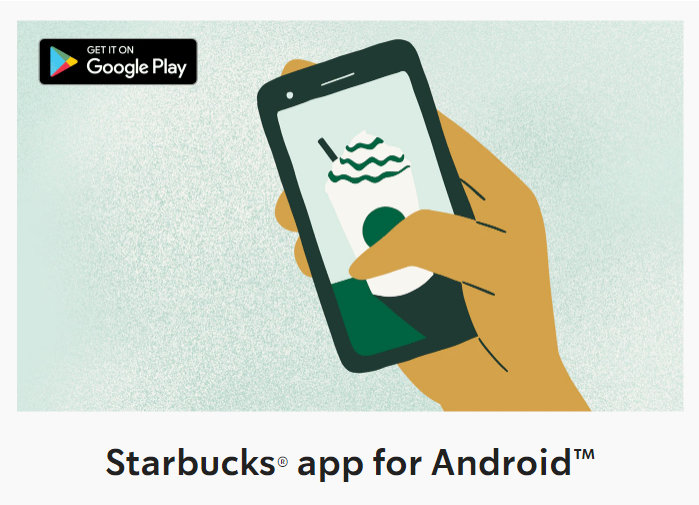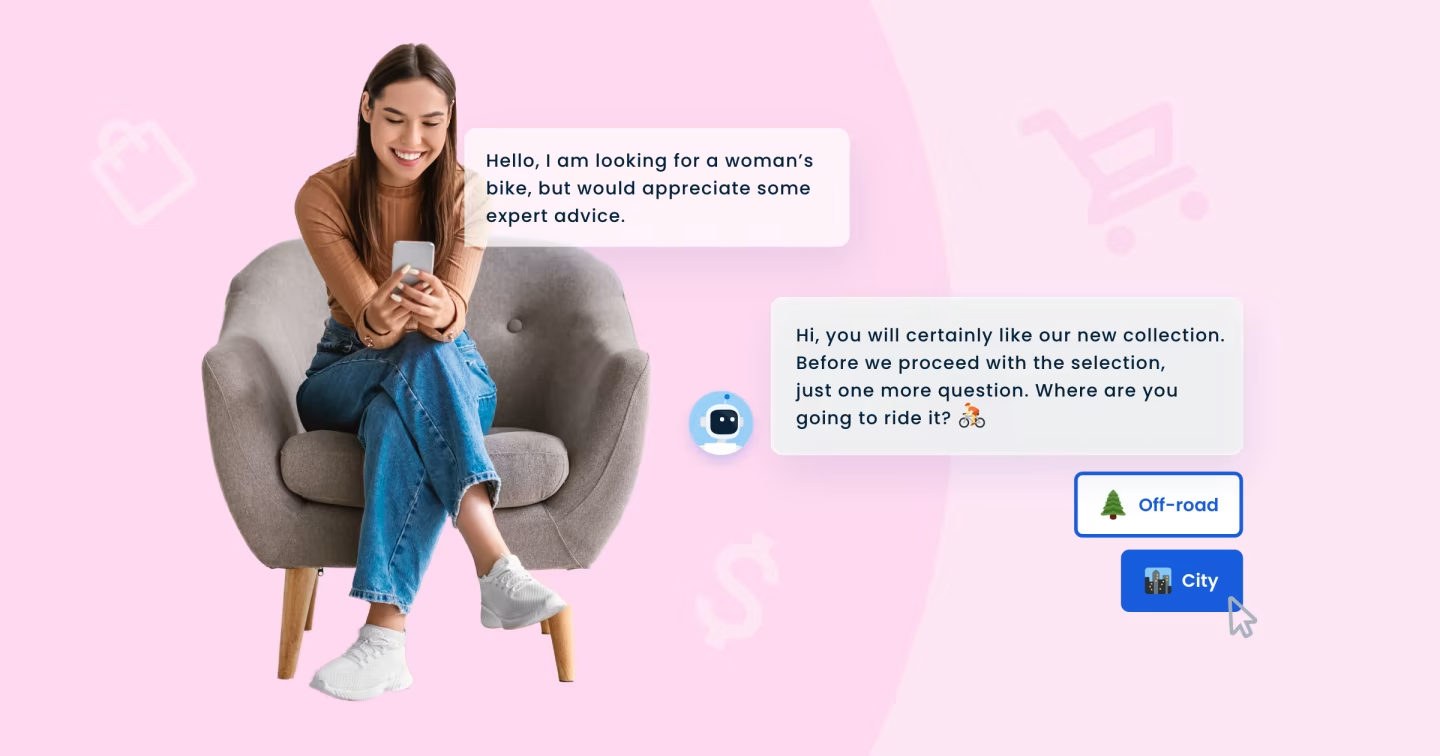Conversational Commerce: A Complete Guide 2023 [With Examples]
Have you ever heard of conversational commerce? No, it's not the latest way to haggle with your local street vendor.
It's actually a growing trend in the e-commerce world that's changing the way we shop and interact with brands.
It's like having a personal shopping assistant at your fingertips 24/7.
In this blog, we'll dive deeper into what is conversational commerce, the types of technologies involved, and some real-life examples of how companies are using it to enhance the customer experience.
What Is Conversational Commerce? A Definition
In simple terms, conversational commerce is the use of messaging, chatbots, and other communication technologies to facilitate conversations between customers and brands, with the ultimate goal of driving sales.
Conversational Commerce Examples
Chatbots
Let's start with chatbots – these computer programs are designed to mimic human conversation and can be integrated into messaging apps or websites.
They offer real-time assistance to customers, from answering queries to helping with purchases, making the whole shopping process a breeze.
For example.,. Starbucks has used its app to solve the problem of coffee lines. That's why since a few years ago, they allowed customers to message a “virtual barista” on their app and put in an order.

Voice Assistants
Voice assistants like Amazon Alexa and Apple Siri have become increasingly popular and are now being used to search for products, place orders, and make payments using simple voice commands.
It's like having a personal shopping assistant that's always at your beck and call!
AR
And if you want to take your shopping experience to the next level, Augmented Reality (AR) is the way to go.
For instance, the IKEA AR app allows customers to place virtual furniture in their homes to see how it would look before making a purchase. How cool is that?

Social Media
Social media platforms (anything from…Facebook, Instagram, etc., etc.) are also getting in on the action.
Businesses can use chatbots and messaging features to engage with customers to offer personalized recommendations.
Pretty neat, huh?
Imagine scrolling through your Instagram feed and getting product recommendations tailored specifically to your interests and style!
Video Commerce
Last but not least, video commerce is another exciting trend in Conversational commerce.
Some e-commerce sites are using video to create a more interactive shopping experience.
For example, YouTube's shoppable ads allow viewers to click on products within a video and purchase them directly. It's like watching a mini fashion show and being able to buy the products right then and there!
How Does Conversation Commerce Help Brands?
24/7 Availability
Imagine you're scrolling through your favorite brand's website at 2am, and you have a question about a product.
You could wait until business hours to call their customer service line, or you could use Conversational Commerce and get an immediate answer from a chatbot.
With 24/7 availability, brands can provide real-time assistance to customers at any time of the day or night.
This means that no matter when customers need help, brands can be there to provide it.
Increased Efficiency
Imagine a world where customers could get their questions answered and their orders processed without having to wait in line or be put on hold.
That's the power of Conversational Commerce.
It's not just about making things easier for customers but also about making things more efficient for businesses.
Personalized Experience
Have you ever browsed through an online store and found yourself overwhelmed by the sheer number of products?
It can be hard to know where to start!
But with Conversational Commerce, brands can use data to create a personalized shopping experience just for you.
They can gather information about your preferences, purchase history, and even browsing behavior and use it to make tailored product recommendations and promotions that are specifically targeted to your interests.

Increased Engagement
By providing real-time assistance, personalized recommendations, and customized shopping experiences, Conversational Commerce can help brands build a stronger connection with customers.
Chatbots and other technologies can be used to provide helpful product suggestions, answer common questions, and even guide customers through the purchasing process.
This can make customers feel valued and cared for, leading to a more positive shopping experience.
Cost-Effective
Implementing Conversational Commerce technologies can be cost-effective for brands as it reduces the need for manual customer service and support.
This helps to save money on labor costs and improves overall efficiency.
Final Remarks
With Conversational Commerce, brands can provide a 24/7 personalized shopping experience that engages customers on a whole new level.
From real-time assistance to -> customized recommendations… the possibilities are endless.
So, whether you're a business owner looking to boost your sales or a shopper looking for a more convenient and engaging way to shop, Conversational Commerce can do wonders.





